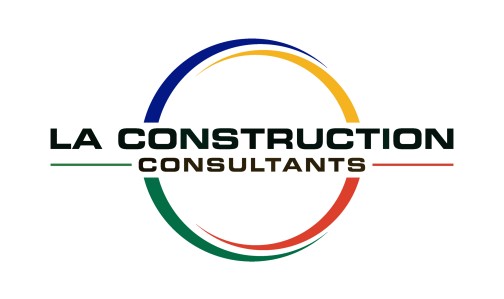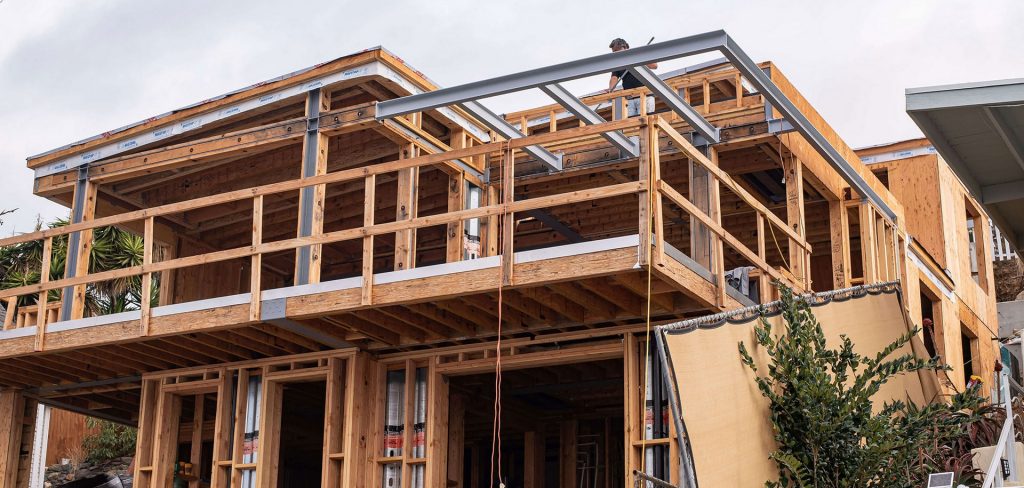Financing

Fannie Mae, Freddie Mac and FHA financing options are readily available; however, explore more possibilities with Portfolio Lending including Alternative Documentation and Stated Income Loans.
We stand apart by referring a diverse spectrum of residential and commercial loan programs.
We refer loan experts who may help Foreign Nationals who do not reside in the United Stated to secure Interest Only Loans for well-qualified borrowers, Delayed Financing for those looking to cash out or refinance within three months of acquisition, and New Construction financing for homebuilders and developers.
In addition, there are those that are well versed in the placement of Hard Money Financing through direct portfolio lenders for investment purposes.
Loan Programs
Conventional Loans
Conventional Loans are available nationwide for various commercial properties.
The interest rate is fixed for 1-5 years to adjustable with a standard 10-year term. Finance acquisitions and refinance to 85% LTV. The cash-flow is analyzed by dividing the net operating income by the proposed payment for a minimum 1.25% debt coverage ratio.
This type loan typically requires minimum net worth equal to the loan amount, standard credit rating and liquidity to qualify.
Life Insurance Loans
Life Insurance Loans are generated by life insurance companies who balance an investment portfolio.
They invest a portion of the portfolio in real estate mortgages to generate interest income. $1MM to $10MM loan amounts for purchase or refinance and up to 30-year amortization. Terms of 10 – 25-year fixed rates with early rate lock and no reserves.
Non-recourse and assumable both available up to 75% loan to value and with a 1.25% minimum Debt Service Coverage Ratio (DSCR).
Bridge Loans
Bridge Loan are short-term and temporary loans used to reposition an asset at higher than prevailing interest rates.
The bridge loan is backed by real estate collateral. There is an interest only payment, usually good for 1-2 years with no prepayment penalty. This type of financing allows borrowers to meet current obligations by providing immediate cash flow.
Borrowers must illustrate a clear exist strategy to the lender to pay back the bridge; this can be accomplished through a refinance, or the sale of the subject property for a profit after a rehab.
Fannie Mae Loans
Fannie Mae Loans are used for acquisition or refinance of up to 80% Loan-to-Value.
The programs are available with terms of 5-30 years, and with partial and full-term interest-only. This is a non-recourse loan meaning the borrower is not personally liable and therefore tax returns are not required to qualify.
The loan is amortized over 30 years, assumable and must be 90% occupied for at least 90 days at application. Cash-flow is analyzed by dividing the net operating income by the proposed payment and varies by asset class and product type.
There are minimum provisions for net worth, liquidity and real estate experience needed to qualify.
HUD FHA 221(D)(4) Construction Loans
HUD FHA 221(d)(4) Construction Loans are for substantial rehabilitation of Multifamily properties. The Interest-only term is equal to actual construction period plus 2 months for cost certification followed by 40 years fully amortizing.
Financing is available up to 90% for subsidized projects and payment of prevailing wages is required, as determined by the Department of Labor, for all contractors and subcontractors. The loan is assumable, requires impounds for taxes, insurance, mortgage insurance, and replacement reserves.
The construction loan rolls to permanent financing at the same rate. Great for reducing exposure to interest rate environment.
CMBS / Conduit Loans
CMBS Loans, also known as Conduit Loans, are secured by a first-position mortgage on a commercial property.
A CMBS Loan has a fixed or floating interest rate (which may or may not include an interest-only period). The loan is typically amortized over 25-30 years, with a balloon payment due at the end of the term.
CMBS Loans allow investors that cannot usually meet stringent conventional liquidity and net worth guidelines to be able to invest in commercial real estate because of the more flexible underwriting guidelines. Eligible borrowers are still subject to minimum net worth, liquidity and commercial real estate experience needed to qualify.
Stated Income Loans
Stated Income Loan is a mortgage where the lender does not verify the borrower’s income by looking at their pay stubs, W-2 (employee income) forms, income tax returns, or other records.
Instead, borrowers are simply asked to state their income. To minimize the risk of default the lender requires the borrower(s) to put down 40%, or refinance the asset to 60% Loan-to-Value.
Construction Loans
Construction Loans are recourse in nature. The bank examines the equity in the land, the construction budget and the financial strength of the borrower to issue credit approval.
A minimum net worth equal to the loan amount, good credit, liquidity, and a solid builder’s resume is key.
Rates range depending on the financial strength of the sponsor, or borrowing entity, experience, equity, liquidity and LTV/LTC. A fund control company is assigned to allocate and distribute the funds according to the approved budget by the bank.
The assigned fund control company inspects completed work prior to issuing payment to the owner or builder.
Small Balance Loans
Small Balance Freddie Mac Loans range from $1 to $5 million and are used for acquisition or refinance of up to 80% Loan-to-Value.
The programs are available as 20-year hybrid ARM’s with initial 5, 7, or 10 years fixed, or as 5, 7, and 10 years fixed terms to balloon. Both programs are available with partial and full-term interest-only.
This is a non-recourse loan meaning the borrower is not personally liable and therefore tax returns are not required to qualify. The loan is amortized over 30 years, assumable and must be 90% occupied for at least 90 days at application. Cash-flow is analyzed by dividing the net operating income by the proposed payment.
There are minimum provisions for net worth, liquidity and real estate management experience needed to qualify.

